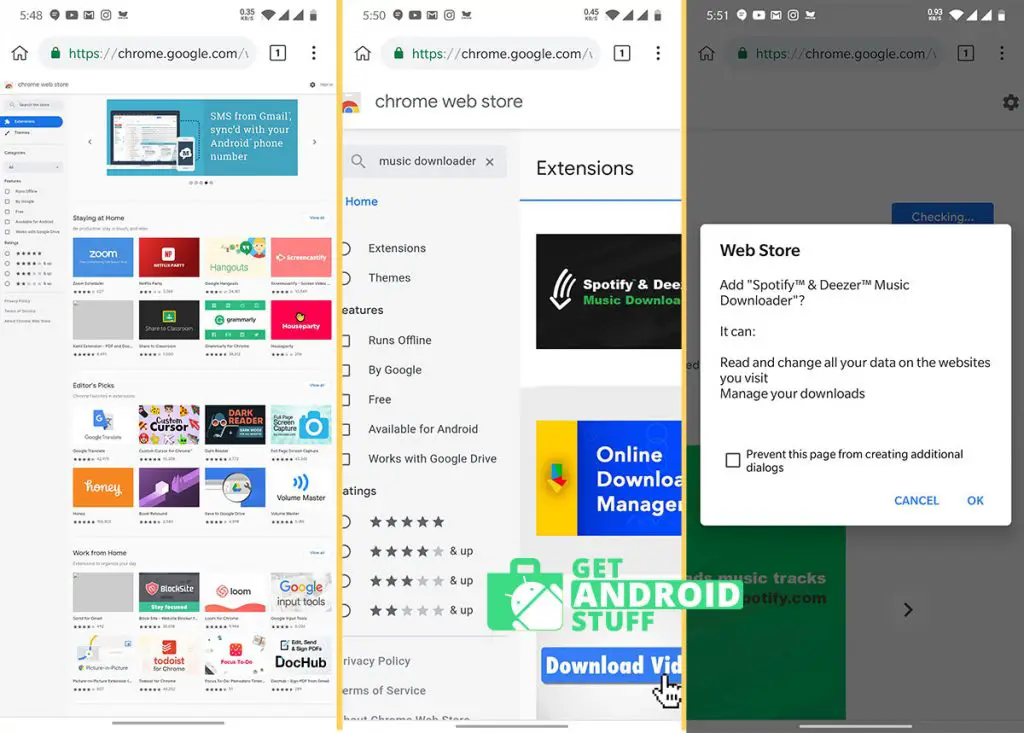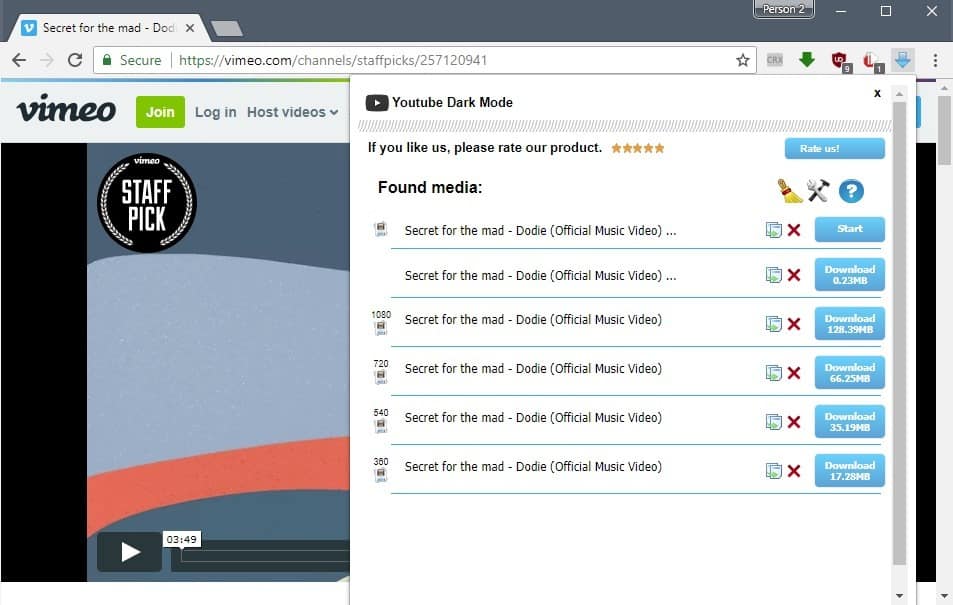

Diigo Web Collector (Opens in a new window)ĭiigo is a nice mix of social bookmarking and a full info grabber. Just don't use your mouse while it auto-scrolls the page. If you need to capture what the whole thing looks like, Full Page Screen Capture will do it, scrolling through the page for you and capturing a JPG. Full Page Screen Capture (Opens in a new window) One click uploads an image to for storage on Google Drive and sharing quickly to social media. Make them awesome by annotating them with shapes, arrows, and text comments. Read on for our favorites, and let us know if we missed a great one.Īwesome Screenshot (Opens in a new window)ĭon't limit yourself to basic screenshots. You can easily disable or remove them by typing chrome://extensions/ into the Chrome address bar, or right-clicking an extension's icon in the toolbar to remove it. Every extension must have a toolbar icon hide them without uninstalling by right-clicking and selecting Hide in Chrome Menu. Some are unique to Google and its services (such as Gmail), but most extensions work across operating systems, so you can try them on any desktop platform (especially on Chromebooks) there may be some versions that work on the mobile Chrome, too.Īll of these extensions are free, so there's no harm in giving them a try. Rather than have you stumble blindly through the Chrome Web Store to find the best extensions, we've compiled a list of several dozen you should consider.

Windows 10 users are getting the Chromium version automatically. Recognizing how popular Chrome is, Microsoft rebuilt its Edge browser as a Chromium version so it now supports all Chrome extensions natively while still supporting its own Edge extensions from the Microsoft Store. Its library of extras, found at the Chrome Web Store (Opens in a new window), has rivaled Firefox's for years, and provides quick access to just about every web-based app imaginable. Plus, like Firefox, it supports extensions that make it even better.

As of December 2020, it was at 56.84%, according to Statista (Opens in a new window)-and higher if you count mobile devices. When we wrote the first version of this story in January 2015, Chrome owned about 22.65% of the desktop computer browser market worldwide.


 0 kommentar(er)
0 kommentar(er)
